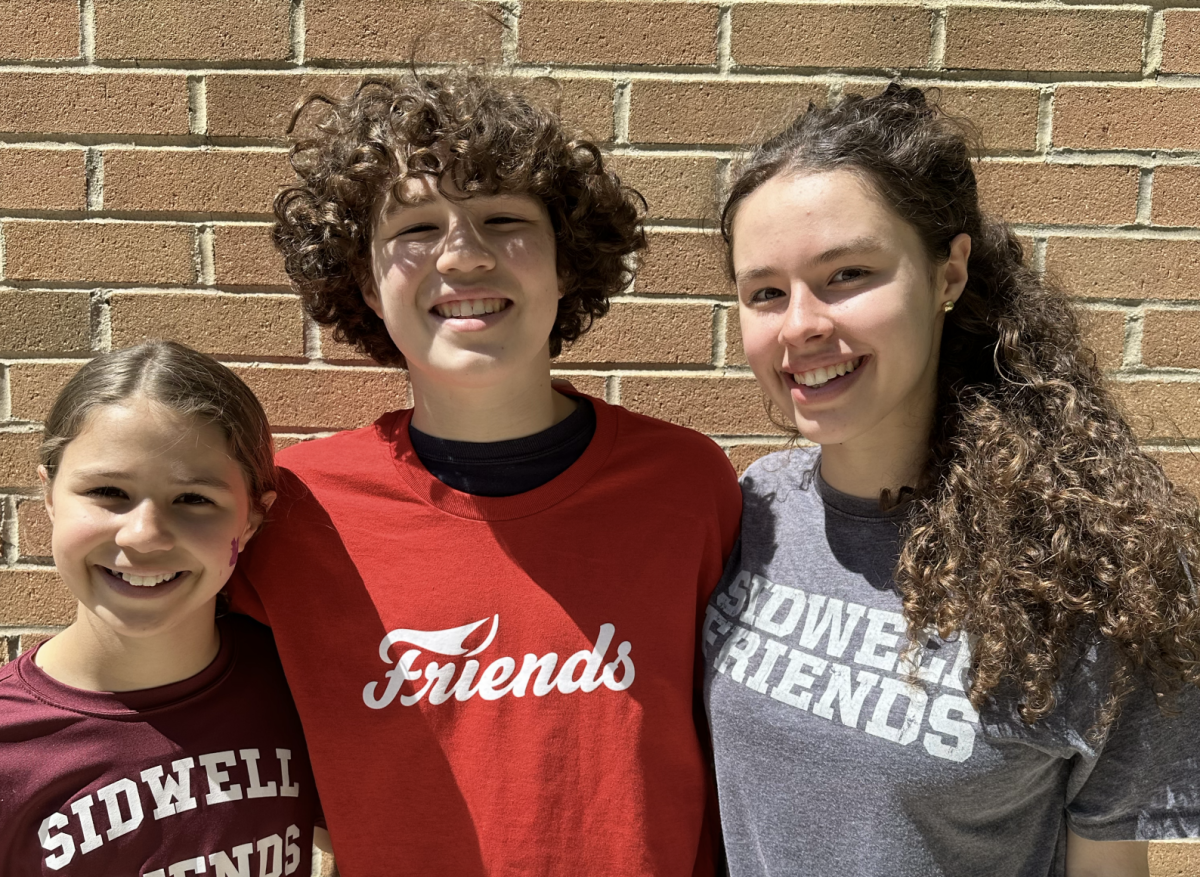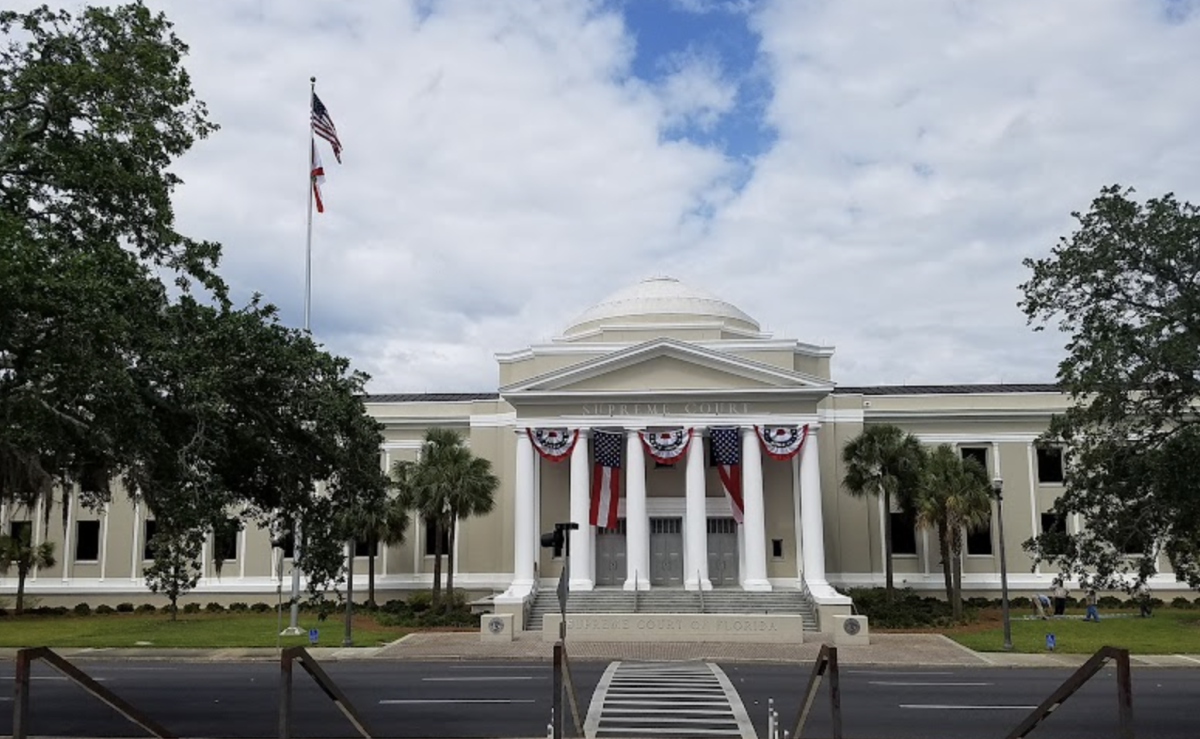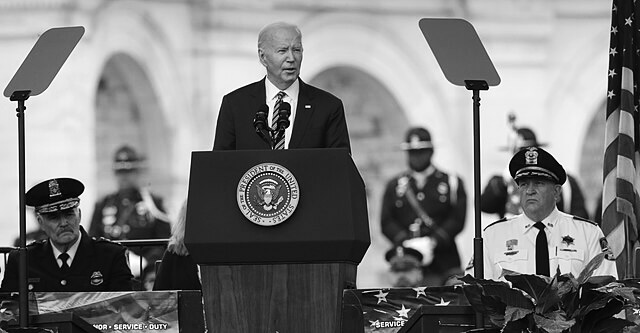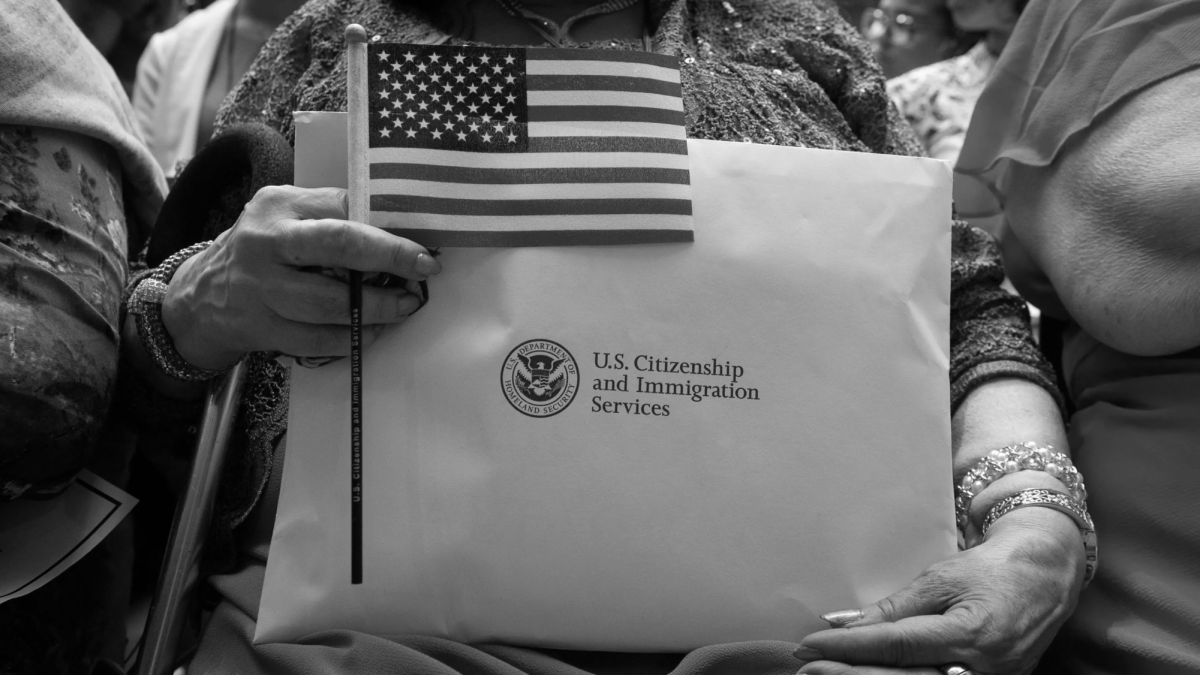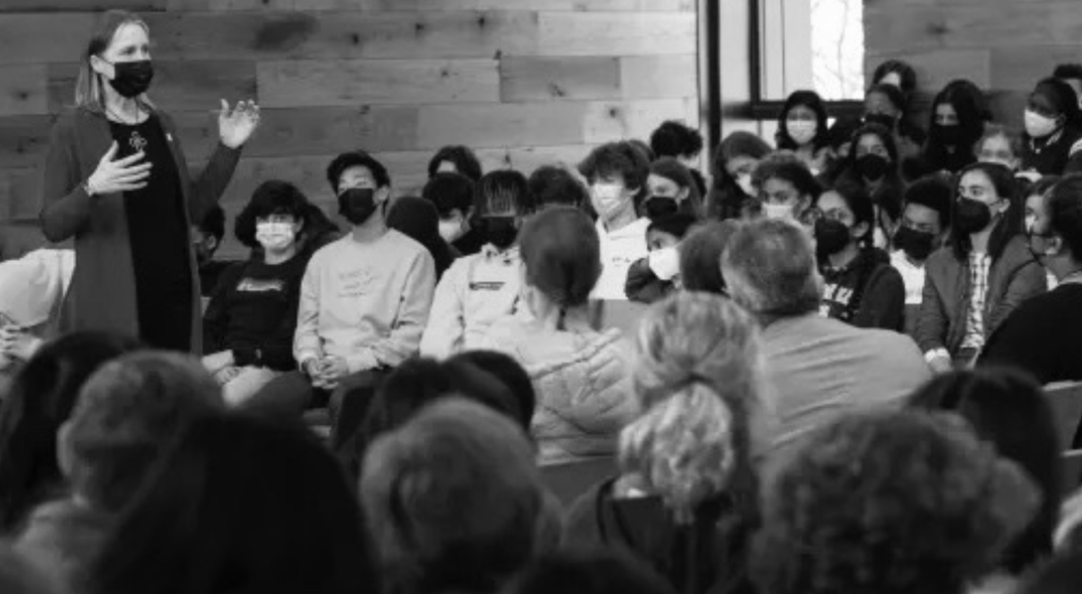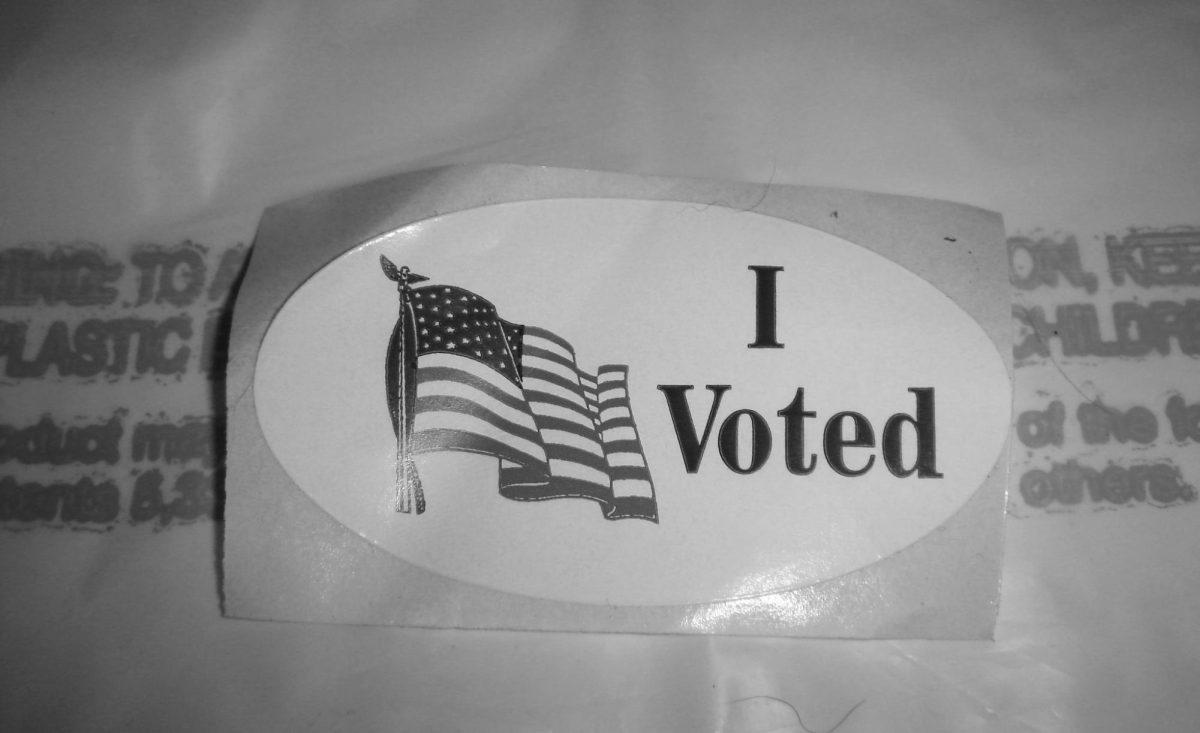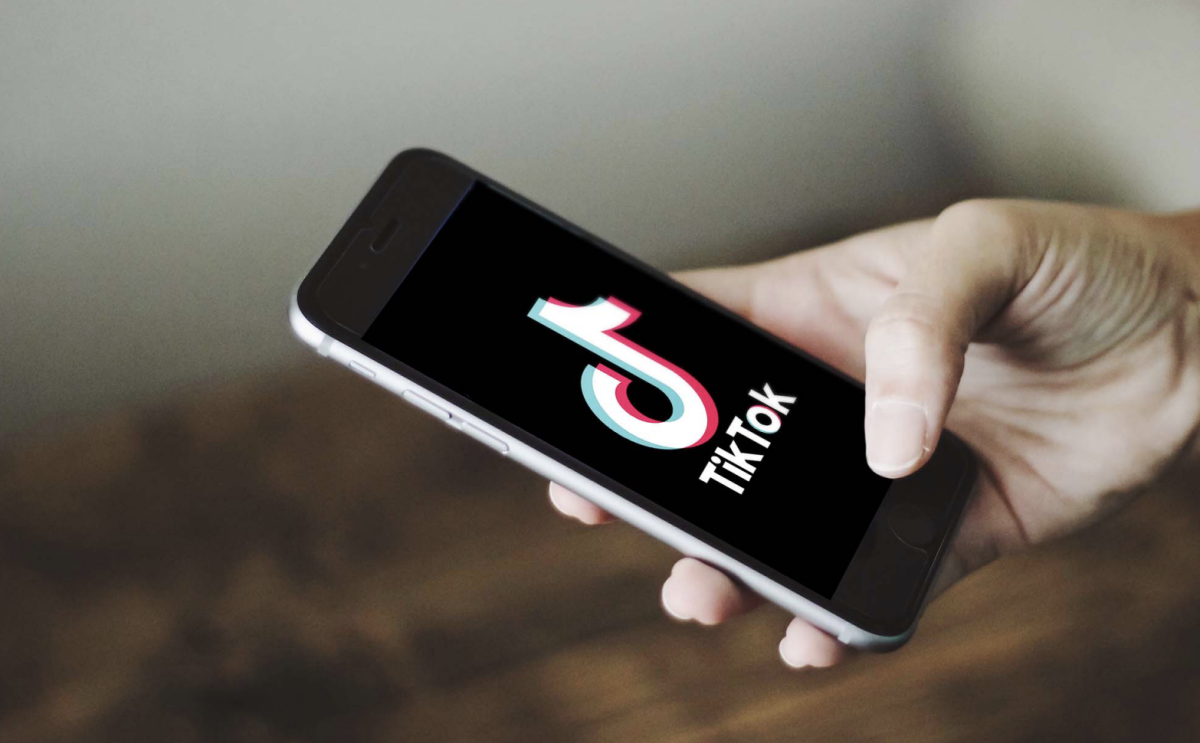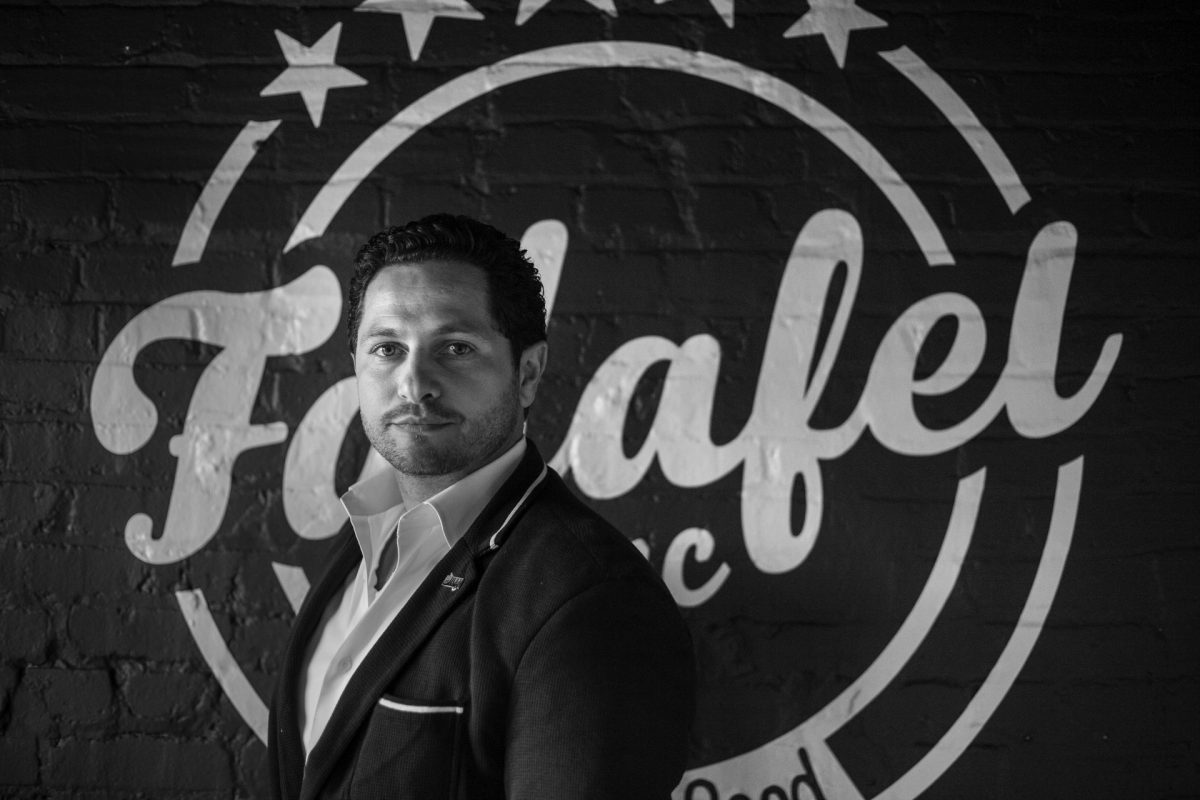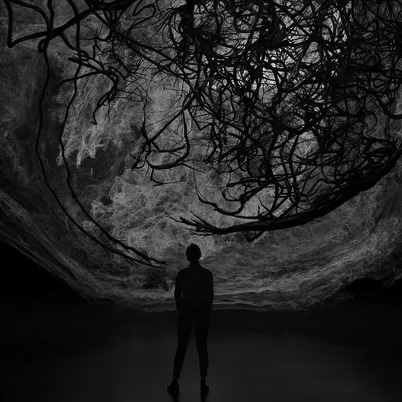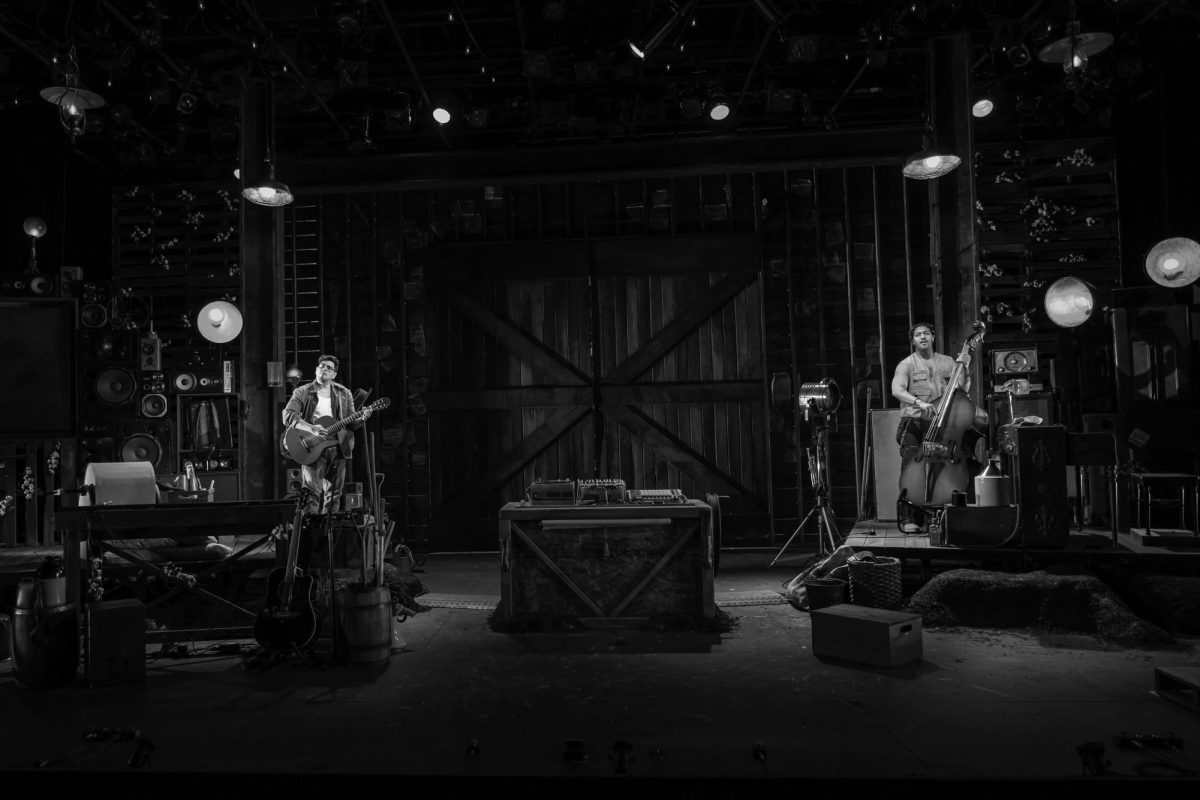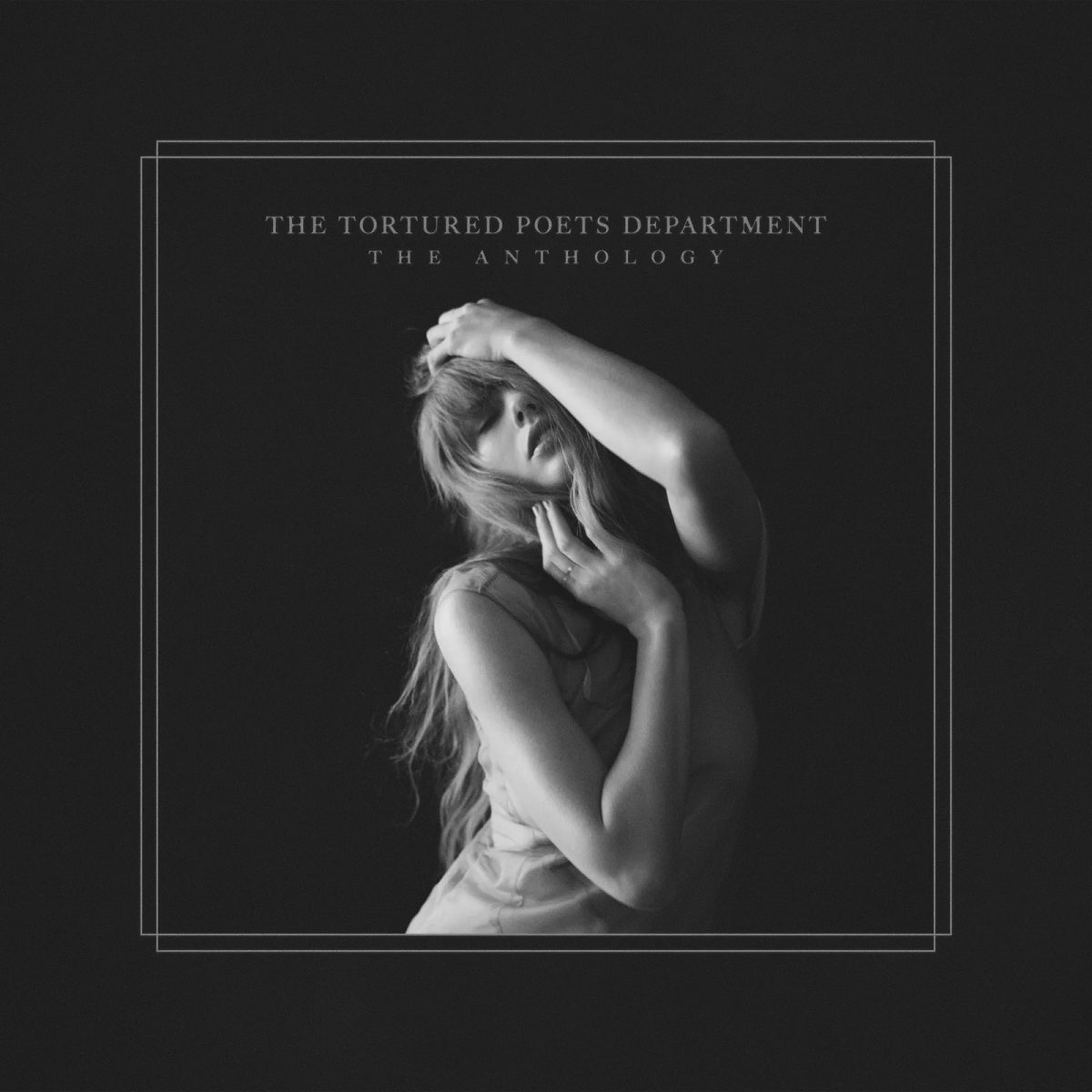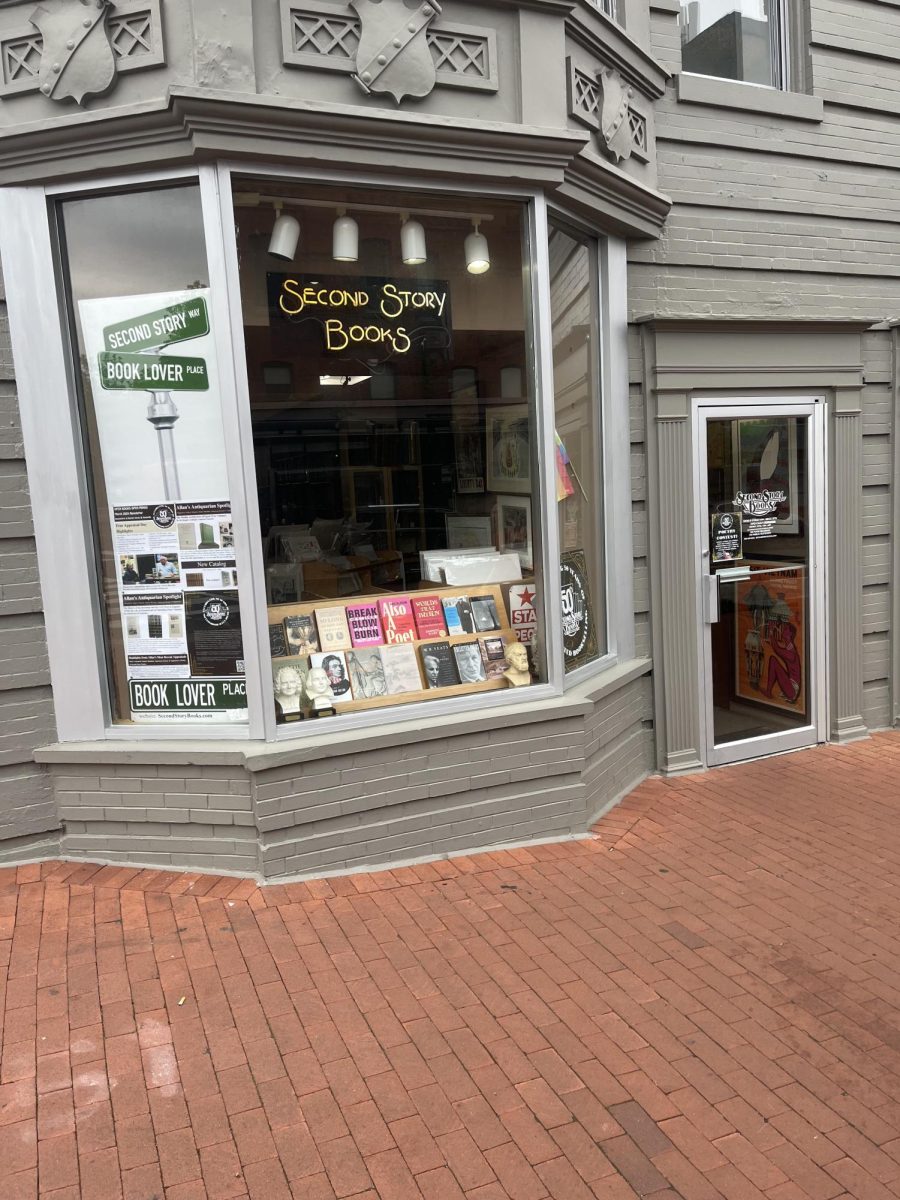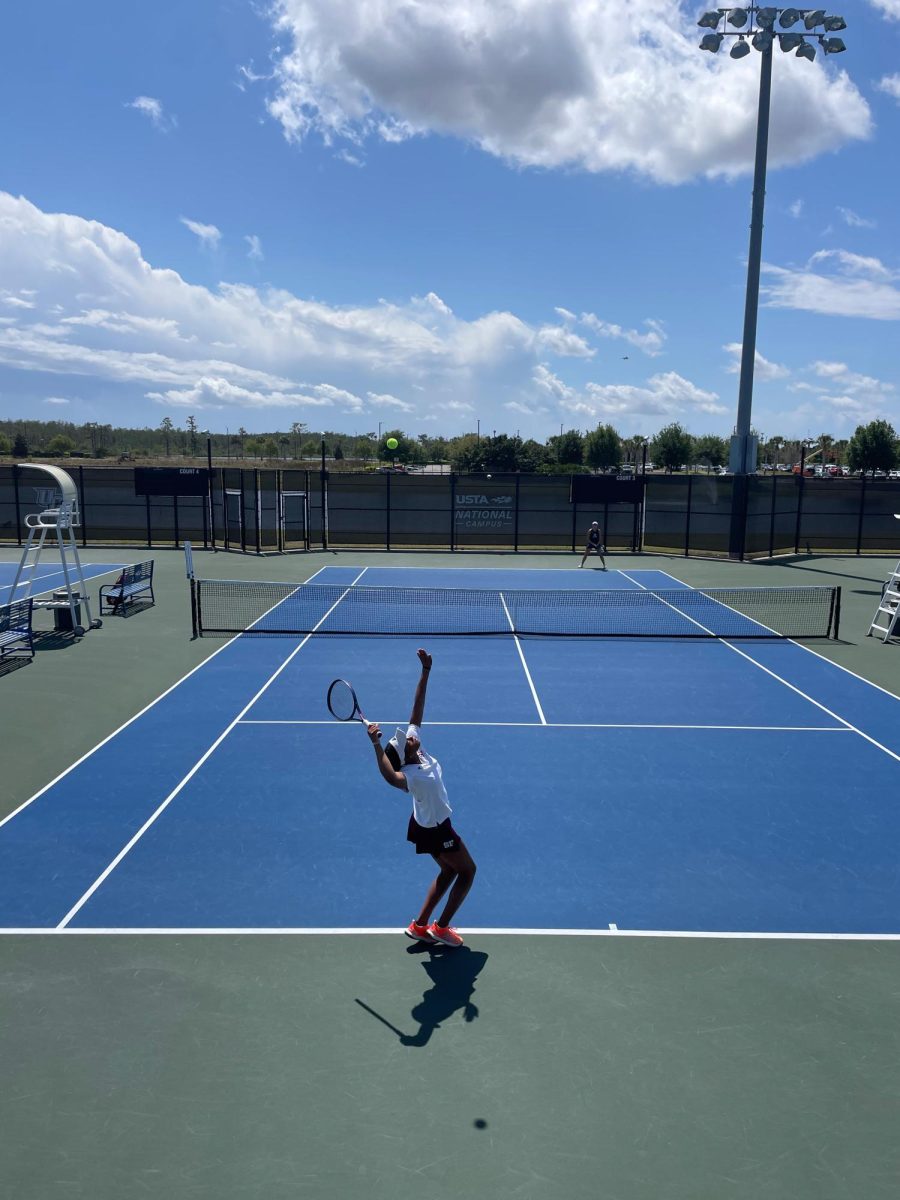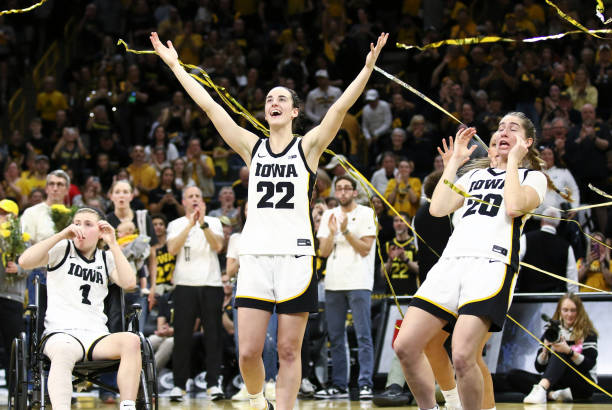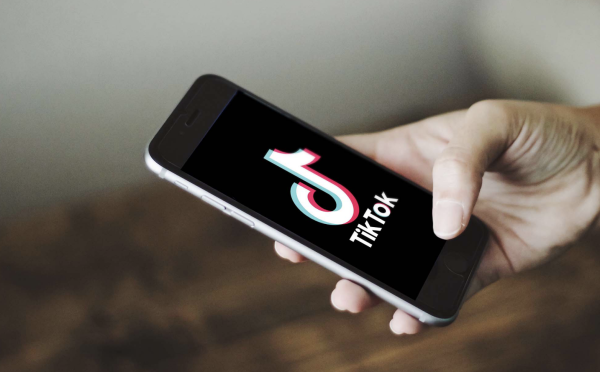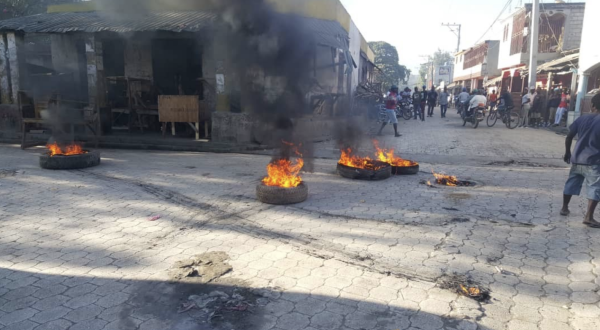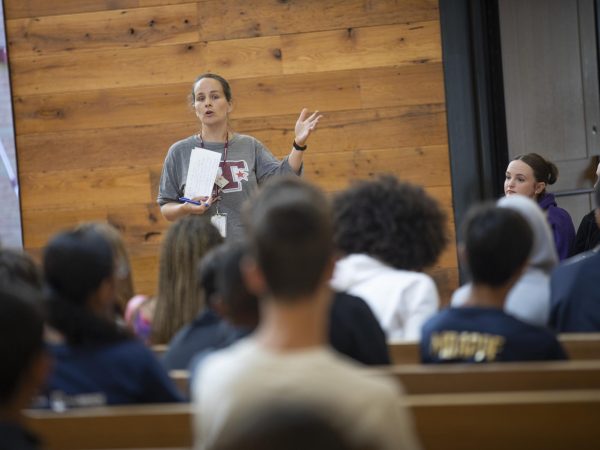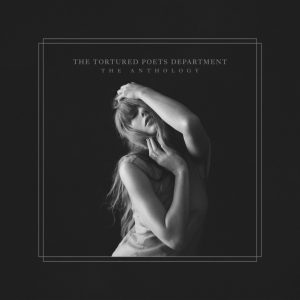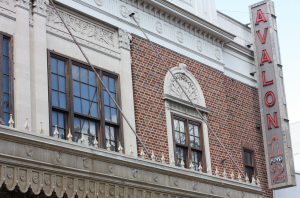Abortion Bans Force Women to Turn to Unsafe Alternatives
Roe v. Wade protects women’s right to terminate their pregnancy via abortion under the constitution, thus defending a critical part of women’s healthcare. Abortions are a critical solution for women that are emotionally or financially unable to raise a child. Many women turn to abortions as life-saving alternatives, which should thus be protected as a fundamental right and matter of health. This freedom to choose when and where to have a child is necessary to maintain economic, familial and mental stability for women across the country.
Unwanted pregnancies have the potential to not only ruin a woman’s life, but also to end it. The risks and trauma associated with pregnancy and childbirth are tremendous, especially in cases of rape and incest. According to the University of Colorado Boulder, pregnancy related deaths are are 33 times more likely than deaths from abortion. Therefore, forcing women to carry unwanted pregnancies to term also subjects them to a higher risk of death.
Without the protections of Roe v. Wade, abortion bans can and will be put into place by state governments across the U.S. Abortion bans have never successfully ended abortions as a whole, but have rather prevented access to safe abortions. Women in desperate situations will find a way to terminate a pregnancy despite bans, especially if they believe it will save their lives. Because illegal alternatives to abortion will always be available, bans can only restrict access to safe abortions administered by legitimate medical professionals.
For centuries, women have found ways to terminate pregnancies in spite of legal restrictions. These abortions performed outside of medical settings can often be fatal, as untrained practitioners and unsanitary conditions lead to infections and other complications. The World Health Organization estimates that 50,000 people die each year from failed abortions.
There are now countless methods for women to end their pregnancies, be it via medicinal herbs, over-the-counter drugs or harmful self-administered procedures. Given widespread internet access, women today have more options than ever to obtain unauthorized abortions. While this seemingly offers women necessary alternatives in the event of a ban, easy access to dangerous procedures is only harmful to women.
Despite the prospect of abortion being banned in states across the country, wealthy women will always have access to safer abortions. There is a significant disparity in the safety of abortions, with the majority of related deaths consisting of lower-class women of color, as stated by a recent CDC study. An additional 2019 CDC survey showed that lower-class women are often the most desperate to terminate a pregnancy due to an inability to financially support the child. While more affluent women can afford to travel and pay for legally-administered abortions, these bans make it impossible for lower-and middle-class women to access safe abortions.
Furthermore, women of color die at disproportionately high rates from both abortions and pregnancy-related complications. Those who are forced to carry their pregnancy to term are only further forced into debt and poverty to raise the child. These phenomena reinforce cycles of racism and poverty in our country, forcing BIPOC women to risk their lives for unwanted pregnancies, as well as provide for the child without the financial stability to do so.
Abortion bans do not and have never effectively prevented abortions. They only force women to carry out unwanted pregnancies at risk to their lives, or to seek out unsanitary and unsafe illegal abortions. Less affluent women of color carry the majority of these burdens, reinforcing cycles of oppression in American society.
Your donation will support the student journalists of Sidwell Friends School. Your contribution will allow us to purchase equipment and cover our annual website hosting costs.





